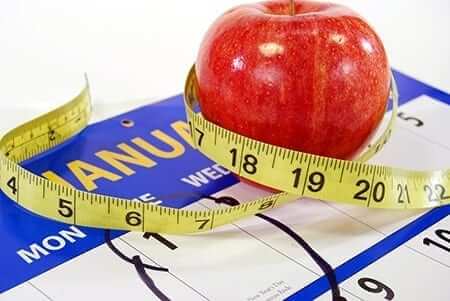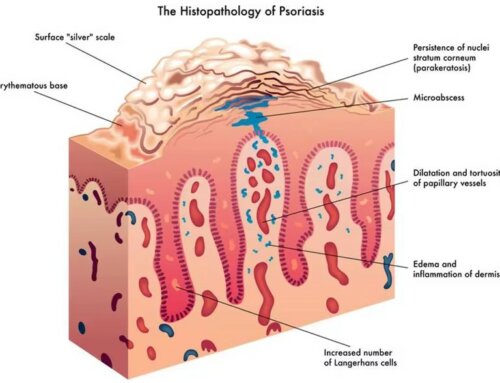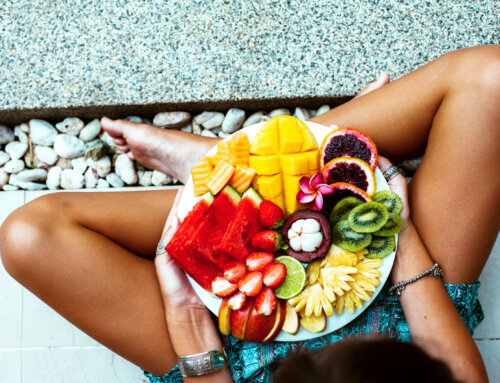Here we go again! It is the New Year and everybody starts off with a huge list of resolutions they would like to quickly accomplish, all in January. It has been said that “Resolutions often spring after failure of willpower. It is smarter to make changes in response to being healthier, than to change in response to a failure in behavior”.
The most common goal of this season is patients saying “they plan on losing 50-60 pounds in the next 2-3 months”. I have been teaching diabetes management skills for years and have yet to see extreme success in that short period of time. Even surgery, a gastric sleeve or gastric bypass may not achieve that much weight reduction in 2-3 months. For some reason, many patients think weight loss is the answer to all of their problems, especially when they have type 2 diabetes. Yes, it has been proven over and over that a 5-10% reduction in body weight will help control your blood sugars better. That amounts to 7.5-15 pounds for a person weighing 150 pounds. This is much more obtainable, reasonable and manageable over a 2-3 month period. There are still no magical or secret ways to deal with maintained weight loss – and the tried and true methods still reign.
Getting in your daily exercise, which should include aerobic movement for 30 minutes, 5 days a week and adding weight or resistance training 3 times a week will definitely help blood sugar control, yet may not impact weight loss. You really need to pick up the time and intensity for weight loss through exercise, but it is still the best medicine for someone with diabetes. Yes, it generally comes down to your eating. Now is a great time to reach out to a diabetes educator or a dietitian to get a realistic eating program, which will provide for overall good health, energy for daily living, and modest weight loss over time if you keep it up. It does work! Self-love and patience should really be your New Year’s goal along with a desire for improved health. Life is certainly more than weight reduction. With that said, I wanted to provide some easy tips to help you achieve your desires of increased well being, satisfaction and happiness in the New Year. Who knows, you may also achieve some small weight reduction if that happens to be your personal goal.
- Late night eating. I often teach patients who tell me they are able to maintain perfect self control and eat lightly during the day but when darkness falls, they can’t stop eating. The pattern is that they eat heavy late into the night and then skip breakfast entirely with a light lunch. Eating like this when you have diabetes is unproductive and creates large blood sugar swings. With diabetes, your system is now compromised and you can no longer handle large amounts of food at one sitting without increasing your blood sugar. That is why it is best to use a food plan that allows you to eat several times a day, with small servings and proper amounts of protein and vegetables with controlled servings of carbohydrates. Your chances of eating food all night will definitely decrease. Try to postpone the eating urge. Do not jump up the minute you decide on another snack; try to wait it out. Get to bed at a regular time. Studies show the later you stay up, the more you will eat. They also show that less hours of sleep increases insulin resistance, gives you higher blood sugars, and raises hunger levels. Plan to eat one serving of a protein and one serving of a carbohydrate approximately 30 minutes prior to bed. Plan to surf the waves and not fight them. This should help you sleep more soundly and stop your liver from over producing night time glucose. Plan on an improved morning blood sugar reading. An example would be ½ a peanut butter sandwich or cheese with 4 crackers. Savor the snack and eat slowly.
- Take charge of seasonal stomach bloat. After the holidays, many patients suffer from seasonal food bloat, which includes gas and a distended belly. Extra food, sodium and added stress can actually be a cause of stomach bloat. Some foods which may help include celery (which is 95% water). Yogurt has probiotics (the good bacteria), which can also help. Foods high in fiber will keep you full longer, help with blood sugars, and ease the bloat. Berries (including blueberries, strawberries, raspberries and blackberries) have high fiber and less fructose. High amounts of fructose can cause bloat. People who are lactose intolerant can have extra bloating, so pay attention to how you feel after milk products – which contain lactose. Barley is a high fiber carbohydrate, is considered a probiotic and can help decrease bloating and gas. Drinking water with fresh lemon slices in the morning before any food can also help with excess bloating.
- Focus on natural scents. During the holidays, we are accustomed to the aroma of pies and cookies in the oven and all the scents of seasonal traditional foods. After the holidays, focus on and embrace natural fragrances including pine, cinnamon, lavender, vanilla, grass, roses, evergreen and peppermint. These scents have the ability to improve your mood, relax you, and make you fell more connected to the outdoors during the shorter and colder winter days. Try to purchase candles with natural oils made of soy wax, which is healthier than the artificial ones. Boil cinnamon sticks or pods of vanilla on the stove or collect pine cones and make a table arrangement. Open the windows when the grass is being cut. Order lavender sachets to place in your closet or near your pillow. Use peppermint extract or sticks for great holiday fragrance. It can definitely steer you mind away from food.
- Use foods with vibrant colors to make healthy choices that are more appealing. Holiday foods are often brown and beige. Think about the color of stuffing, crackers, mashed potatoes, roasts and cold cuts. After the holiday, focus on bright colors and the foods will easily become better choices. Cut up red, green and yellow peppers and eat with salsa. Put together a salad with kale, bright green spinach, purple onions, yellow tomatoes, red beets and pimientos for fiber – all are low calories with plenty of natural color. Cook some purple eggplant. Foods with rich deep colors signal high levels of photochemical content, which increases the nutrient values. These foods help give you a boost on fighting diseases.
- Add different ingredients to baking. Instead of using brown sugar, white sugar, or agave to add sweetness when baking after the holidays – substitute unsweetened applesauce, mashed prunes or apricots, mashed bananas or mashed avocado. This will add fiber, vitamins and taste with natural sweetness. Substitute 2% evaporated milk instead of heavy cream to give you richness in desserts, without all the saturated fats and calories.
- Cut carbohydrate and fat content. For your blood sugars sake, add zucchini ribbons to ½ cup of whole grain pasta with tomato sauce. It will bulk up the dish and save on total carbohydrates and calories. Mash cauliflower into potatoes to reduce carbohydrate and calorie content. Roast root vegetables for rich flavor and fiber (including Brussel sprouts, orange squash, butter nut squash, sweet potatoes, and eggplant). Add stewed tomatoes for rich flavor and lycopene. Substitute low sodium chicken broth instead of cooking with oil, or at least dilute the amount. One cup of oil can be up to 2,000 calories – and even if it is heart healthy, amounts really matter. Add one tablespoon of flavored truffle oil or high-quality light pressed olive oil for more taste at the end of preparation.
- Consider a portion control plate. They really simplify your ability for self control. Fill each section by including a protein, vegetables, and a carbohydrate and you are done – no weighing or measuring and no guilt later. It is more about portion control than food choice or selection.
- Think of food as energy. Yes, we use this example in class all the time. Food is your energy like gasoline is to a car. You do not always have to have delicious, special, fatty, sweet or rich and concentrated food choices, you just need to have the food to get you energy.
- Take yourself away from food. Go to a movie, a play, or a concert. Sign up for a class. Join a support group. Try to volunteer. Get out of your rut if you are in one. Start a home project. Adopt new traditions in your home that do not center on food. Slow down. Mediate for 10 minutes a day. Pay it forward. Make a cup of tea. Limit negativity and negative people. Make alone quality time. Play like a kid with no worries in the world. If you eat out of boredom or frustration, this is extremely important.
- Look for cues to estimate what you have eaten. Think about the wrappers, pits and shells of the food you have already eaten. Line them up to keep count of quantity. Use single servings, even though they may be more expensive, or put serving sizes in baggies immediately to avoid temptation.
As always, I wish you all a very Happy and Healthy New Year! Remember, it is the journey – not the destination – that matters. You are all capable of being successful in your endeavors, whether it centers on food or not. Good luck!
NOTE: Consult your Doctor first to make sure my recommendations fit your special health needs.







Leave A Comment